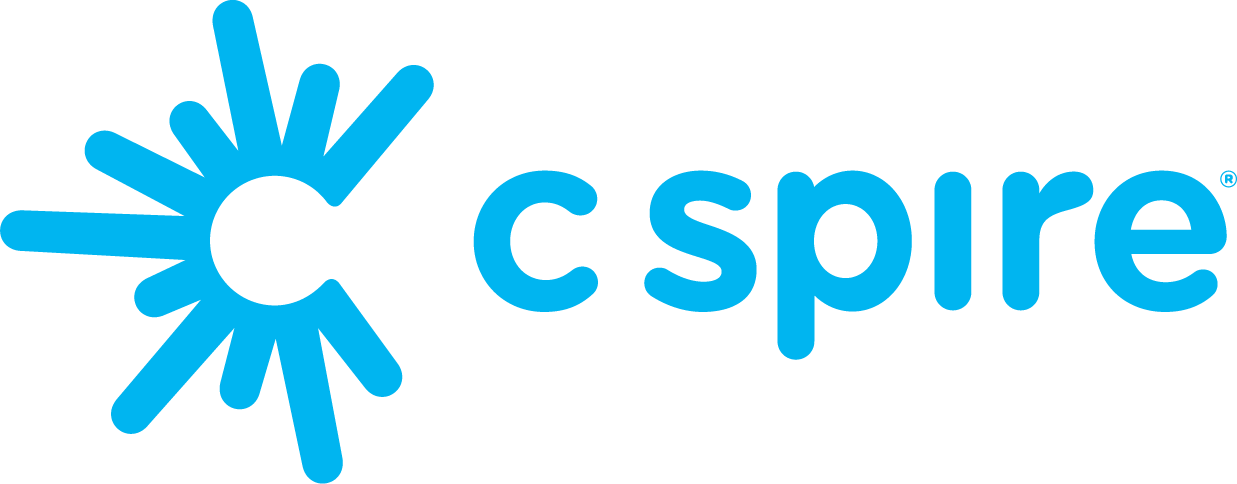.png?width=600&name=CS_TechMVMT_ComputerScience_BillUpdate_Blog_Image_202002%20(3).png)
Legislators across Mississippi are listening as constituents continue to press for computer science education in our public schools through C Spire's proposed Computer Science Bill.
Mississippi Senate Bill 2284 — sponsored by Sen. Scott Delano with co-sponsor support from Sens. Kevin Blackwell, Joel Carter, Nicole Boyd, Kathy Chism, Daniel Sparks, Tyler McCaughn and Jeff Tate—provides a roadmap to bringing computer science education to every school in the state. Additionally, House Education Chair Richard Bennett has introduced Mississippi House Bill 1165 with similar language to the Senate bill.
While we are tracking the progress of the Computer Science Bill, it’s important we all fully understand what is on the line. There are more than 1,000 unfilled computer science jobs in Mississippi today. These aren’t just the jobs of the future — these job skills are needed today. And the opportunity will continue to grow if we prepare our children.
The bill proposes a phased-in approach to bringing computer science to schools that currently have no such curriculum. Grades six through eight would begin in the 2021-2022 academic year, with the remaining grades joining in the 2022-2023 academic year. This allows adequate time for teacher training over two to three summers for schools that are not already offering computer science.
When the bill passes through both the House and Senate there will be a need of approximately $2 million for teacher training, a comparable amount to what our neighboring states have requested in funding. While many more teachers will need to be trained as a result of this bill to make computer science available in all schools, over a thousand Mississippi teachers across grades K-12 have already been trained
Here’s what will happen if the Computer Science Bill is passed into law.
Academic Year: 2021-2022
Grades: 6-8
Content at the middle school level is designed to be offered as a complete course where students meet for a full class period based on their schedule type (traditional or block). For seventh and eighth grade students, all courses offer a Carnegie unit which can be counted toward the technology/computer science graduation requirement or as an elective credit. Courses available for schools to offer include:
- Cyber Foundations I: Keyboarding, digital citizenship, word processing, spreadsheets, graphic design, presentation tools, problem-solving, web design and block-based coding.
- Cyber Foundations II: Keyboarding, digital citizenship, block-based coding, data, web application development and physical computing.
- Computer Science and Engineering (CSE) PILOT COURSE: Designed to show how computer science and engineering are interconnected through project-based activities that combine coding, electronics, microprocessors and robotics. Students become familiar with the engineering design process and the steps needed to create an application-controlled product.
Teacher Training for Grades 6-8
Cyber Foundations: Eight days of face-to-face training using the Code.org platform and online training, where needed, to cover keyboarding and technology-based productivity tools such as word processors, spreadsheets, etc. Training for CSE pilot course consists of four days of face-to-face training by staff at Mississippi State University’s Center for Cyber Education.
Academic Year: 2022-2023
Grades: K5-5
Content at this level is delivered either on a weekly basis during a computer lab time or as appropriate inside the classroom, incorporated into other subjects or at classroom centers. The expectation is that 20-40 hours per year would be spent on computer science/computational thinking activities. Topics covered over the course of the school year may include block-based programming, digital citizenship, robotics or keyboarding.
Teacher Training for K5-5
Training for licensed teachers or uncertified staff (usually the computer lab teacher) consists of one day of training using the Code.org platform.
Grades 9-12
Foundational courses offered at the high school level as electives include:
- Exploring Computer Science (ECS): This 9-12 grade course is a survey course for ALL students, covering content in problem solving, critical thinking, web design, coding, data science, artificial intelligence and robotics.
- Advanced Placement Computer Science Principles (AP CSP): This 10-12 grade course is designed for ALL students. No prior computer experience is needed. The content covers the internet, digital information storage, coding, big data, privacy and web application development, and prepares students for the AP CSP exam.
Teacher Training for 9-12
Training for Exploring Computer Science consists of eight days of face-to-face training provided by staff at MSU’s Center for Cyber Education. Training for the AP CSP course consists of nine days of face-to-face training by AP endorsed trainers.
The possibilities are endless
While not a requirement of the bill, qualifying schools can incorporate pathways from Mississippi State University’s Center for Cyber Education into their curriculum for juniors and seniors. These present opportunities for students to advance in the areas of software development, information technology, SAD (simulation, animation and design), cyber security, artificial intelligence, data science and virtual/augmented reality after being exposed to the foundational skill set of computer science in grades 1-10. Several of these pathways are available today for schools with the appropriate budget allocation, local need and student interest.
Two-year pathway programs
C Spire Software Development Pathway (SDP): The software development pathway introduces students to the basic concepts used to create mobile and web applications. Students will learn about front- and back-end development, in addition to user experience design and some of the entrepreneurial aspects of being a software developer. This program launched in 2019 across several public schools and community colleges with C Spire’s $550,000 grant to the Mississippi State University Center for Cyber Education.
Information Technology (IT): This program is designed to provide the basic foundation, skills and knowledge for computer networking, applications and support. Students will develop the skills necessary to develop, support and integrate computing systems while preparing for national certification exams.
Simulation, Animation and Design (SAD): This program is designed for students who wish to develop, design and implement projects in the ever-expanding field of simulation, animation and game design and development.
Future pathways may include cyber security, artificial intelligence, data science and virtual/augmented reality.
Join C Spire
It's time for computer science in all schools.



















